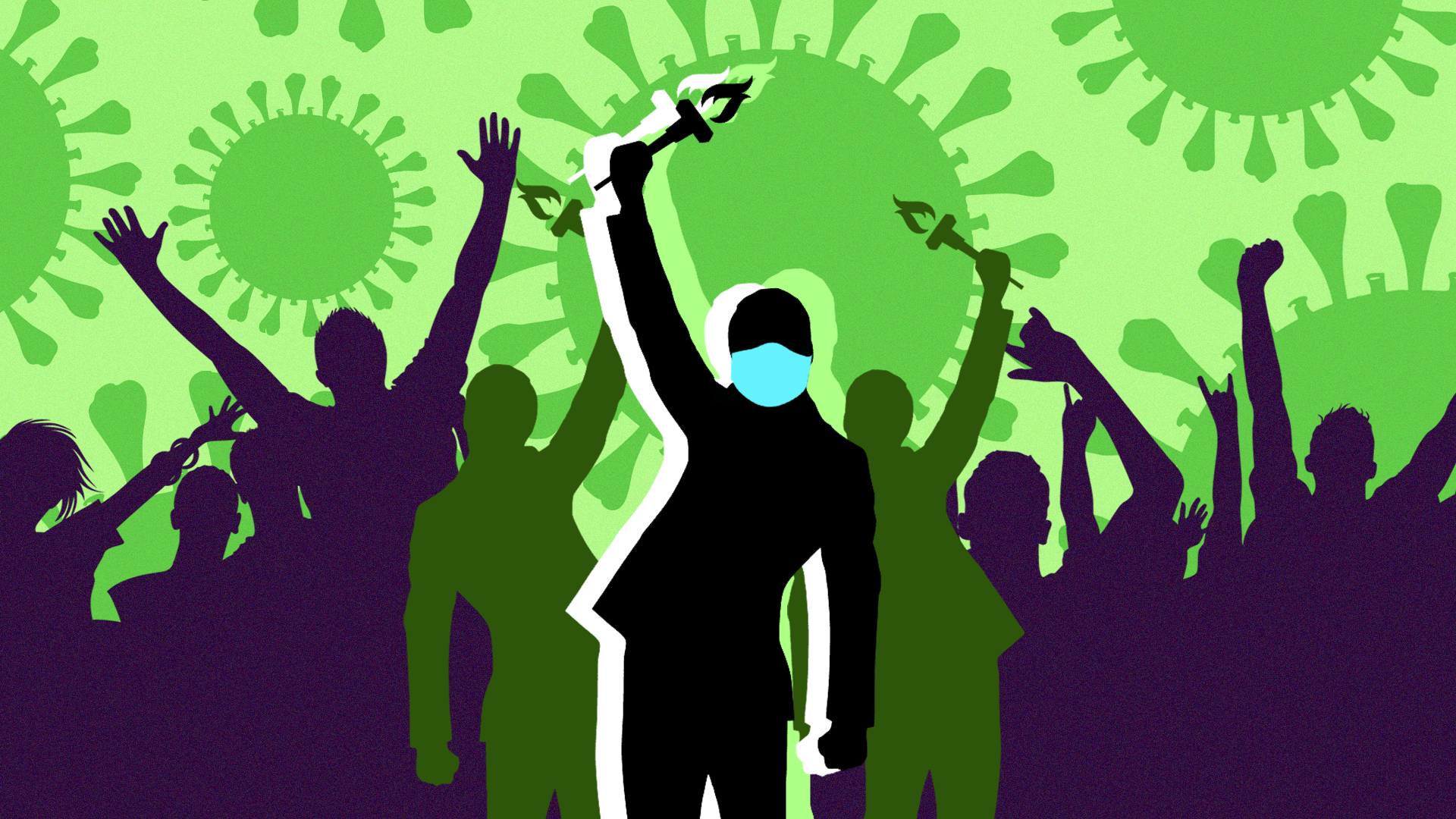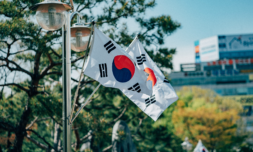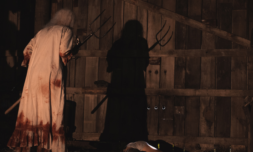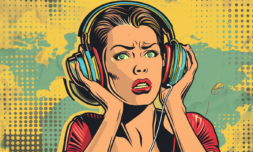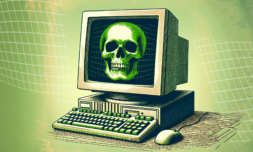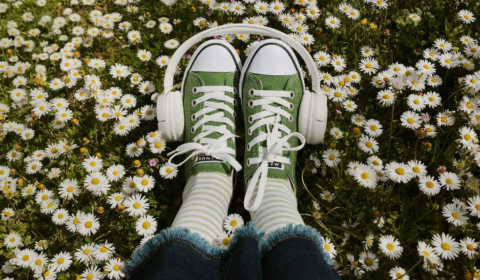Comedians, public workers, and university tutors have been reporting more aggressive and socially stunted behaviours since we returned to ‘normal’ life. Has the pandemic dented our ability to communicate effectively and appropriately?
It seems some of us may have forgotten how to behave in public after multiple years of lockdowns and social restrictions.
Comedian Nish Kumar has openly described his experiences with hecklers and social misconduct during his recent shows – all of which have taken place post lockdowns. He says poor behaviour has become more common, and he’s not alone in this observation.
Dani Johns, a fellow comic, has written an article for the Guardian in agreement. She writes that ‘poor audience etiquette’ is now ‘demonstrably worse now than before the pandemic’.
So, what’s going on?
The cause of this shift is up for debate, and nobody has the exact answer. Some theorise that it’s the result of a breakdown in boundaries between work, home, leisure, and productivity since everyone became obligated to live exclusively inside their homes.
For children – especially those under the age of ten – the extended periods of isolation may have affected empathy with others. It could also have caused a shift in learned behaviours and basic understanding of interactions with others in public settings.
In a shockingly middle class turn of events, I'VE WRITTEN AN ARTICLE FOR THE GUARDIAN!
And it only took 10 years to finally make use of my BA in Creative Writing…
It’s no joke – since lockdown, live audiences have forgotten how to behave | Dani Johns https://t.co/d6jgQK3ZY8
— Dani Johns – DUMBELLES at the Fringe! (@itsdanijohns) April 21, 2022
What did the comedian Nish Kumar say?
According to a piece by the Guardian, and via Nish Kumar’s Instagram, the comedian has faced several disorderly, racially-charged incidents while performing his stand up shows post-pandemic.
At one of his performances in Shrewsbury, Kumar asked a disruptive audience member to leave, who apparently said he’d misidentified the comedian as fellow act Romesh on his way out. Kumar rightfully responded saying that his comments were racist.
The next night in Cheltenham, a woman also mentioned Romesh after Kumar explained the situation on Instagram. Kumar called this audience member out, who then said, ‘stop being so sensitive’. She doubled down and later sent a complaint to Kumar’s agent.
This behaviour shows a lack of respect for the performer, the show, and the venue. Kumar said other comics have ‘sensed that something doesn’t quite feel right’ with audience behaviours – and it’s a sentiment that’s shared across multiple industries.









